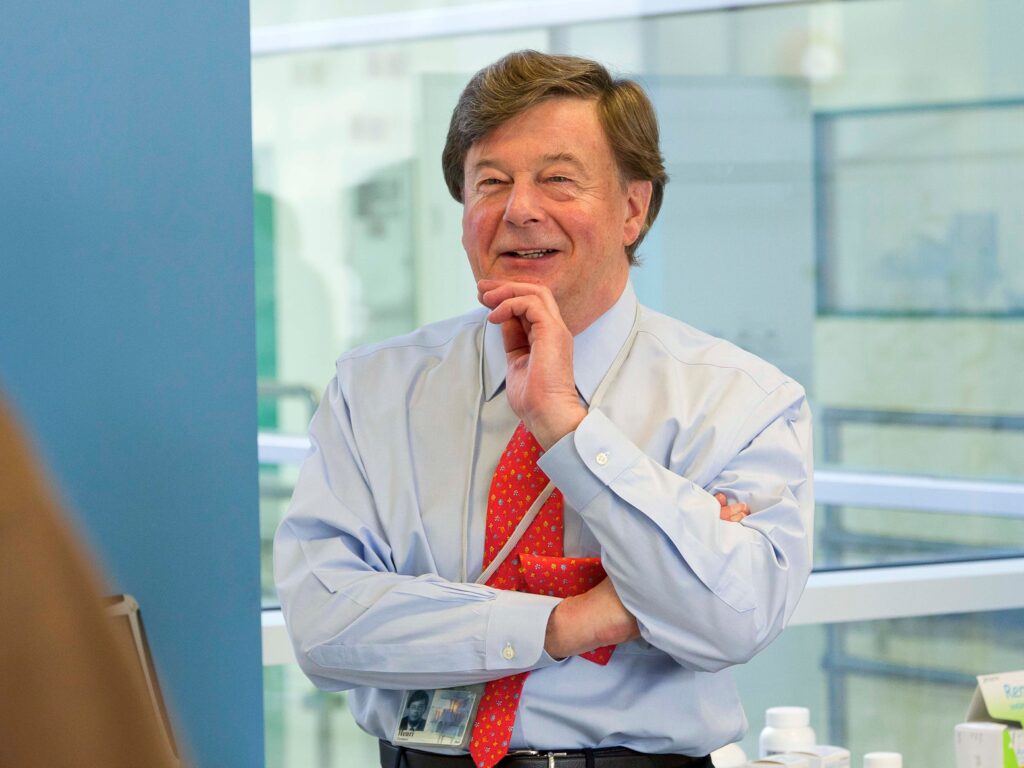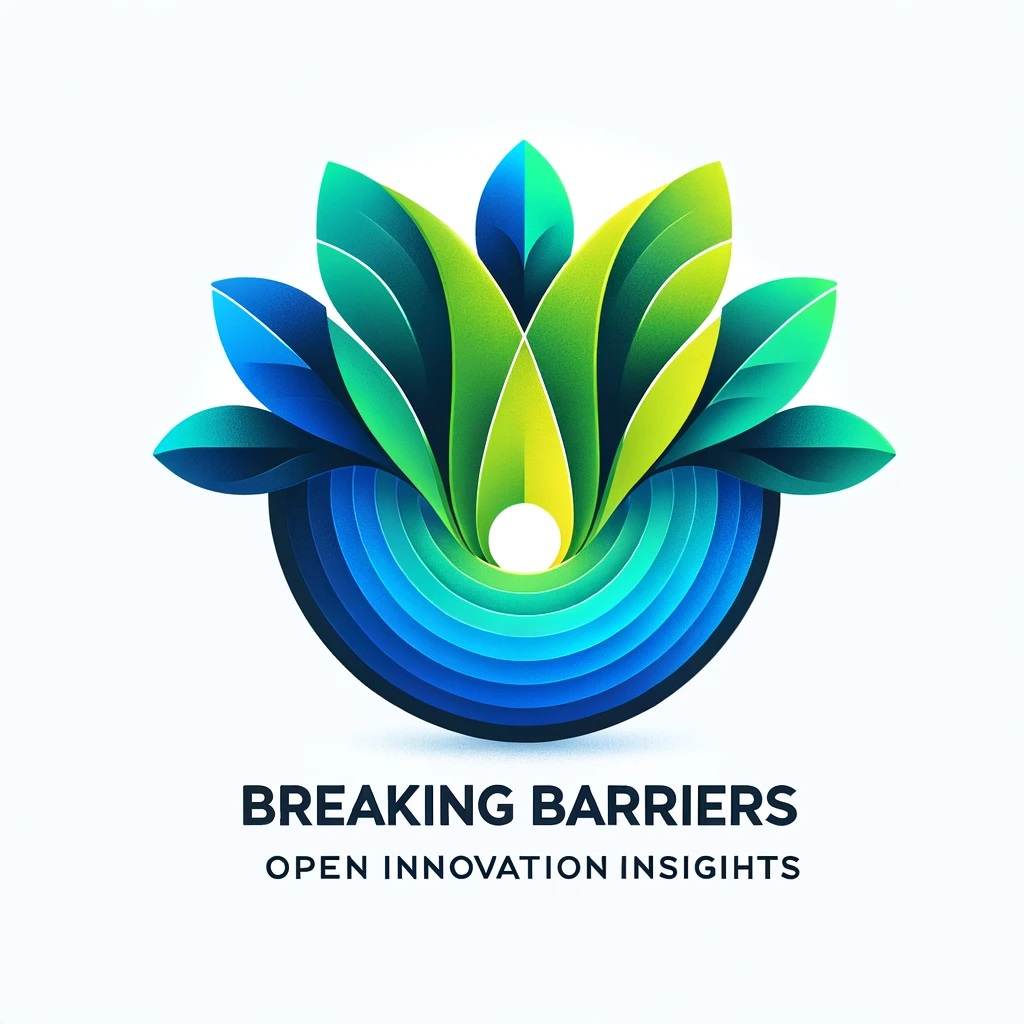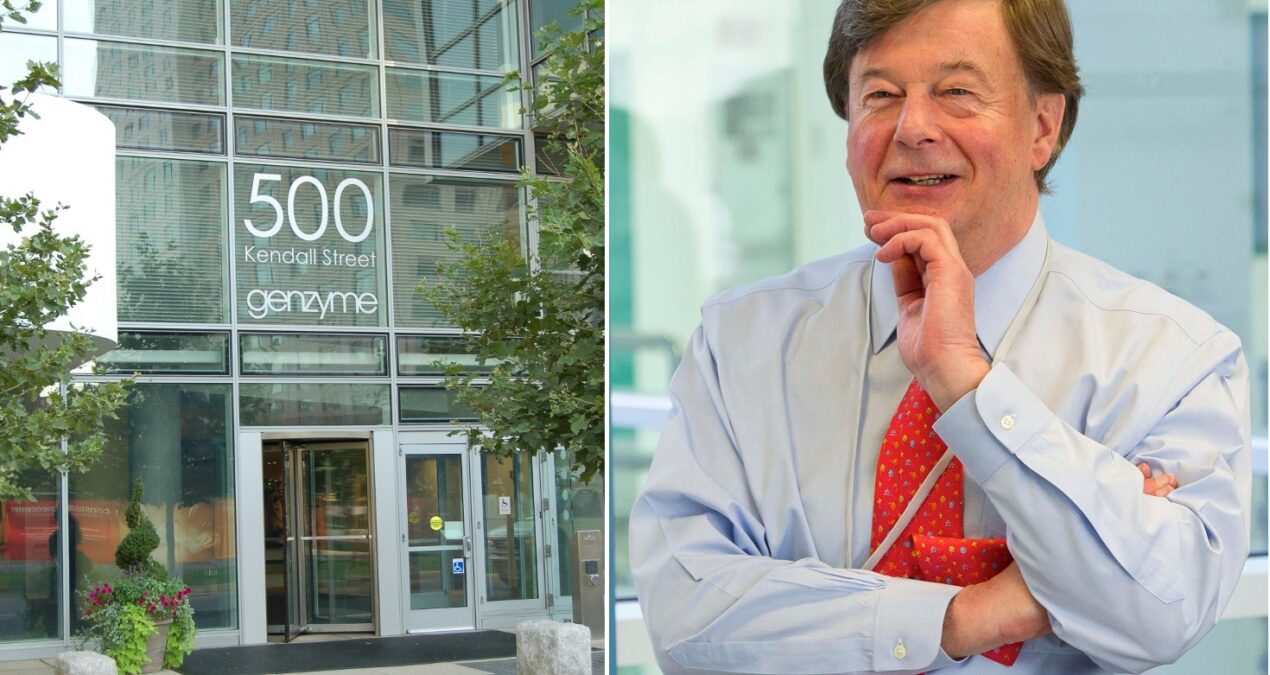
At Genzyme, I didn’t have many opportunities to interact with Henri Termeer, CEO of Genzyme, but there were a few occasions when I did interact with him. I once asked him about how prepared Genzyme is in countering any acquisition efforts. His response was, “In a free market and economy that is always a possibility but Genzyme is capable and strong enough to remain independent. Our foundation is strong because of the work that every employee at Genzyme does. We all have a common mission and commitment towards our patients.” His words had a strong conviction for Genzyme as a father would for a child.
Henri Termeer grew Genzyme from a small startup into a multi-billion dollar biotech giant. He targeted rare genetic diseases for which there weren’t any treatments. Patients around the world suffered from these diseases with no hope in sight. Genzyme gave them hope. From the onset Genzyme was built to function with patients’ needs at the center – this was Genzyme’s vision. This vision was the foundation of Genzyme’s culture that consistently brought coherence, cohesion, and focuses leading to core competencies that placed Genzyme on a path to strong growth and competitive advantage. All of this was a result of one entrepreneur’s vision and conviction.
Today, April 4, 2011, Genzyme became part of Sanofi-Aventis for $20.1 billion with probably now better outreach and more access to patients with rare diseases. Henri fought till the end for Genzyme’s independence but lost the battle after manufacturing issues were identified that reduced Genzyme’s perceived market value. Henri was criticized and Genzyme became a target for a takeover and attracted activist investors like Carl Icahn. Throughout the over eight-month saga of trying to defend Genzyme’s independence and then negotiating with Sanofi-Aventis, I felt that Henri, besides fighting for the right value for Genzyme’s shareholders, was also trying to ensure that the patient-centric vision that Genzyme started with and which was now ingrained in its culture, was not lost. Henri Termeer is stepping down as CEO of Genzyme after Sanofi-Aventis’s acquisition of Genzyme.
For me, Genzyme will always remain an epitome of entrepreneurship that amalgamated socialist, anthropologist, philanthropic and capitalist worlds for the benefit of mankind, something that’s a rarity. I just hope that Genzyme never loses its core vision and remains on the path set by one entrepreneur, who will be in the hall of fame among entrepreneurs, especially in the biotech world.
Last year, Henri Termeer was inducted into the Academy of Distinguished Entrepreneurs at Babson College. Established in 1978, the Academy of Distinguished Entrepreneurs is the world’s first entrepreneurship hall of fame. Babson College created the academy to recognize and celebrate the economic and social contributions of entrepreneurs. The nearly 100 members are pioneers and household icons. Members include: Berry Gordy, Motown Industries; Ray Kroc, McDonald’s Corporation; Fred W. Smith, Federal Express Corporation; Arthur M. Blank, The Home Depot; Richard Branson, Virgin Group of Companies; Kay Koplovitz, USA Networks; and Earvin “Magic” Johnson, Magic Johnson Companies (source: Babson College website )
On the last day of my MBA program, March 4, 2011 (coincidently I joined Genzyme on March 4, 2002) at Babson College, as I walked through the corridor of Arthur M. Blank Center, decorated with the portraits of distinguished entrepreneurs, I saw Henri’s portrait among the others. That summed it all for me – the sense of purpose and meaning that we all look for in our lives. There is no act greater than serving mankind and alleviating the pain and suffering that patient and their families go through. Because of one entrepreneur’s vision, thousands of patient with rare genetic diseases and their families around the globe have hope, happiness, and quality of life that once didn’t exist for them. I feel proud to be associated with Henri not only through Genzyme but now also through Babson College.

